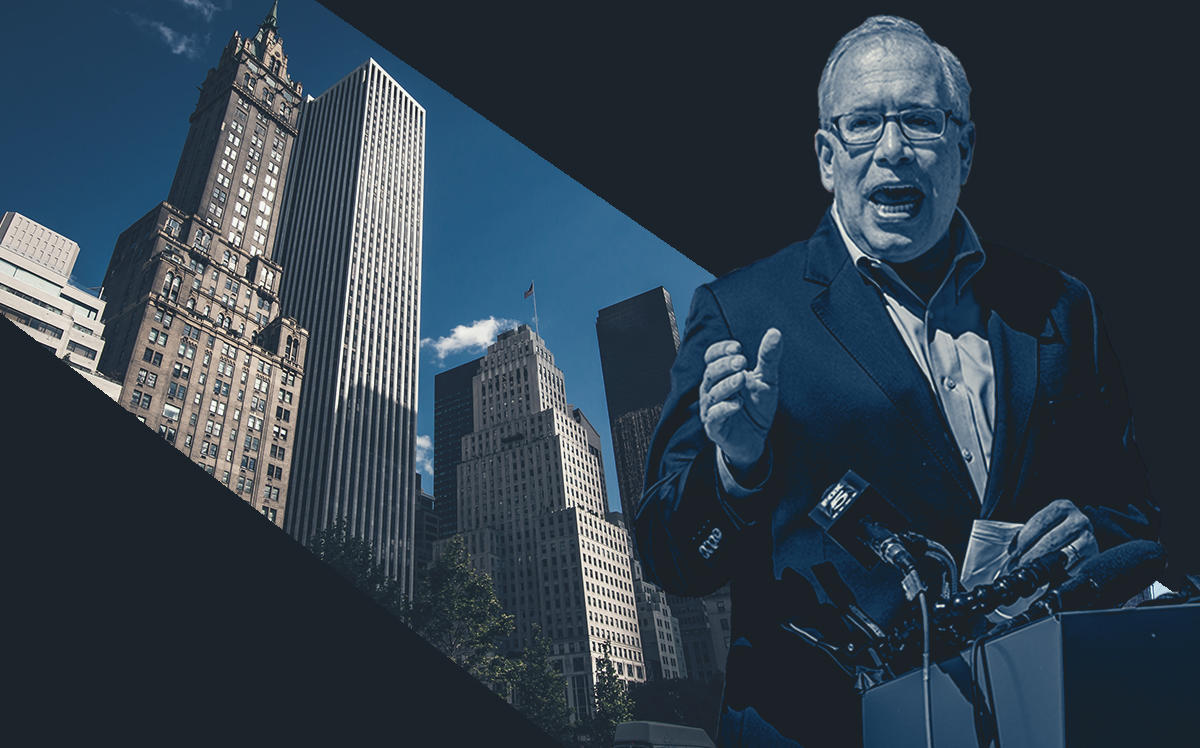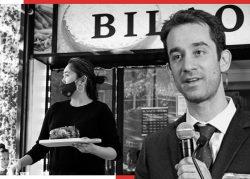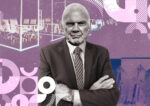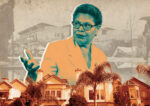 Petition to overturn indoor dining restrictions squashed by judge
Petition to overturn indoor dining restrictions squashed by judge
Trending
Shut down offices, indoor dining: Stringer
Comptroller and mayoral hopeful calls for drastic measures to be taken as Covid cases rise in NYC

As Covid-19 cases spike in New York City, comptroller Scott Stringer — a front-runner in the 2021 mayoral race — just made himself very unpopular with office landlords.
“We owe it to our kids to do everything we can to keep schools safe and open,” Stringer said in a tweet Thursday. “Shut down office buildings.”
Stringer also called on city and state lawmakers to shut down indoor dining and gyms and improve the city’s contract tracing program.
We owe it to our kids to do everything we can to keep schools safe and open. That means, right now, we must:
1. Shut down indoor dining.
2. Shut down gyms.
3. Shut down office buildings.
4. Make the City’s contact tracing data transparent.
— Scott M. Stringer (@NYCComptroller) November 12, 2020
Stringer’s proposals go a step further than Gov. Andrew Cuomo, who on Wednesday ordered new restrictions in Covid hotspots throughout the state, including on Staten Island. Those rules stipulate that bars, restaurants and gyms must close at 10 p.m., and that private gatherings must be limited to 10 or fewer people. The rules go into effect Friday, Nov. 13.
Staten Island is now a “yellow” zone, meaning that there are capacity limits at houses of worship and at restaurants.
Read more
 Petition to overturn indoor dining restrictions squashed by judge
Petition to overturn indoor dining restrictions squashed by judge
 Office unease: Tenants are paying up but staying away
Office unease: Tenants are paying up but staying away
 88% of NYC restaurants could not make October rent
88% of NYC restaurants could not make October rent
The city’s Covid cases have risen consistently in the past few weeks, with the infection rate seven-day average at 2.6 percent, according to the latest figures from the mayor’s office. Statewide, the daily positivity rate is 3 percent, the highest it has been since May.
But New York’s Covid rates remain among the lowest in the nation, and outbreaks have not been traced to subways or offices — which in New York City remain almost entirely empty. Only 13 percent of workers were at their desks last week. Subway ridership is at about 30 percent of normal levels.
It was not immediately clear why Stringer feels closing offices that are virtually unpopulated would make any difference in Covid rates. But it is certain that Stringer’s proposal would not go over well with office and retail landlords, who’ve seen their businesses severely hurt by the pandemic.
Thorough office tenants are largely paying rent, it’s been a struggle to bring employees back to the workplace.
“It feels imminent and yet the numbers don’t bear that out,” SL Green Realty CEO Marc Holliday said on the landlord’s third-quarter earnings call this month. “Eighty to 85 percent of the people who work in office buildings are still at home. And that’s frustrating.” In September, a CBRE analysis found that just 10 percent of Manhattan employees had returned to the office. Major office landlords have blasted working from home – Holliday recently called it “a very slow cancer,” while Related Companies CEO Jeff Blau said that returning to the office was a patriotic imperative.
Another shutdown would be even more pronounced for retail landlords and their tenants. An October survey of more than 400 restaurants found that nearly 88 percent could not make rent.
“Half of the industry’s 300,000 employees are still without jobs, and those numbers can’t improve while more businesses are permanently closing and leaving empty storefronts in our neighborhoods,” Andrew Rigie, executive director of the NYC Hospitality Alliance, said in a statement Thursday.
In the lead-up to the 2021 election, Stringer has positioned himself as a foe of the real estate industry, refusing donations from industry players. He’s racked up endorsements from progressive legislators who are seen as being hostile to the industry, including State Sens. Julia Salazar, Alessandra Biaggi and Jessica Ramos.
When he officially announced his candidacy in September, Stringer said he would “end the crushing cycle of speculation, eviction and displacement.” He’s come out against the 421a tax break, and has called the de Blasio administration’s rezonings “misguided.”




